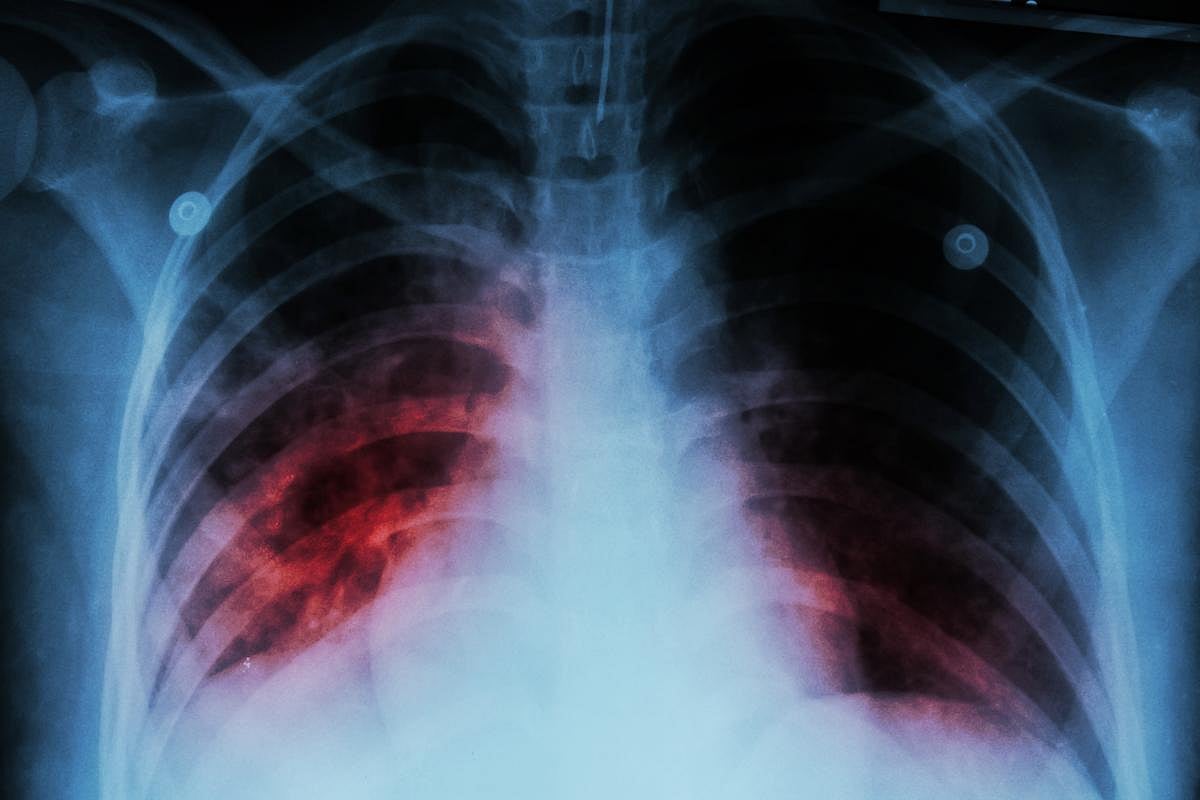Get Healthy!

- Robin Foster
- Posted October 30, 2024
Once Again, Tuberculosis Becomes World's Top Infectious Disease Killer
In the highest tally ever recorded for tuberculosis cases, the World Health Organization reported Tuesday that over 8 million people worldwide were diagnosed with the lung disease last year.
Of that number, 1.25 million people died of TB, the new report found, meaning that it is once again the leading cause of deaths from infectious disease after COVID-19 displaced it briefly during the pandemic.
“The fact that TB still kills and sickens so many people is an outrage, when we have the tools to prevent it, detect it and treat it,” WHO Director-General Dr. Tedros Adhanom Ghebreyesus said in an agency news release. “WHO urges all countries to make good on the concrete commitments they have made to expand the use of those tools, and to end TB.”
Some countries are hit harder by the disease than others: It continues to mostly affect people in Southeast Asia, Africa and the Western Pacific. India, Indonesia, China, the Philippines and Pakistan account for more than half of the world’s cases, the WHO noted.
Who is most vulnerable?
According to the report, 55% of people who developed TB were men, while 33% were women and 12% were children and young adolescents.
Many of new TB cases were driven by five major risk factors: undernutrition, HIV infection, alcohol use disorders, smoking [especially among men] and diabetes.
Tackling these issues, along with other social determinants such as poverty, requires a coordinated approach, the WHO added.
“We are confronted with a multitude of formidable challenges: funding shortfalls and catastrophic financial burden on those affected, climate change, conflict, migration and displacement, pandemics and drug-resistant tuberculosis, a significant driver of antimicrobial resistance,” Dr. Tereza Kasaeva, director of WHO’s Global Tuberculosis Programme, said in the agency news release. “It is imperative that we unite across all sectors and stakeholders, to confront these pressing issues and ramp up our efforts.”
There was a silver lining in the report.
TB deaths continue to fall globally, and the number of people being newly infected is starting to stabilize.
"However, multidrug-resistant TB remains a public health crisis," the WHO noted. "Treatment success rates for multidrug-resistant or rifampicin-resistant TB [MDR/RR-TB] have now reached 68%. But, of the 400 000 people estimated to have developed MDR/RR-TB, only 44% were diagnosed and treated in 2023."
Tuberculosis is caused by airborne bacteria that mostly attacks the lungs. Roughly a quarter of the global population is estimated to have TB, but only about 5% to 10% of those develop symptoms, the WHO said.
People with TB infection often don’t feel sick and aren’t contagious. Only a small proportion of people who are infected with TB will experience symptoms, with babies and children at higher risk.
TB symptoms may be mild for many months, so it is easy to spread the disease to others without knowing it, the WHO noted.
Common TB symptoms are:
prolonged cough (sometimes with blood)
chest pain
weakness
fatigue
weight loss
fever
night sweats
The symptoms people get depend on which part of the body is affected by TB. While it typically strikes the lungs, it can also damage the kidneys, brain, spine and skin, the WHO added.
More information
The CDC has more on TB.
SOURCE: World Health Organization (WHO), Global Tuberculosis Report 2024, Oct. 29, 2024; WHO, news release, Oct. 29, 2024





